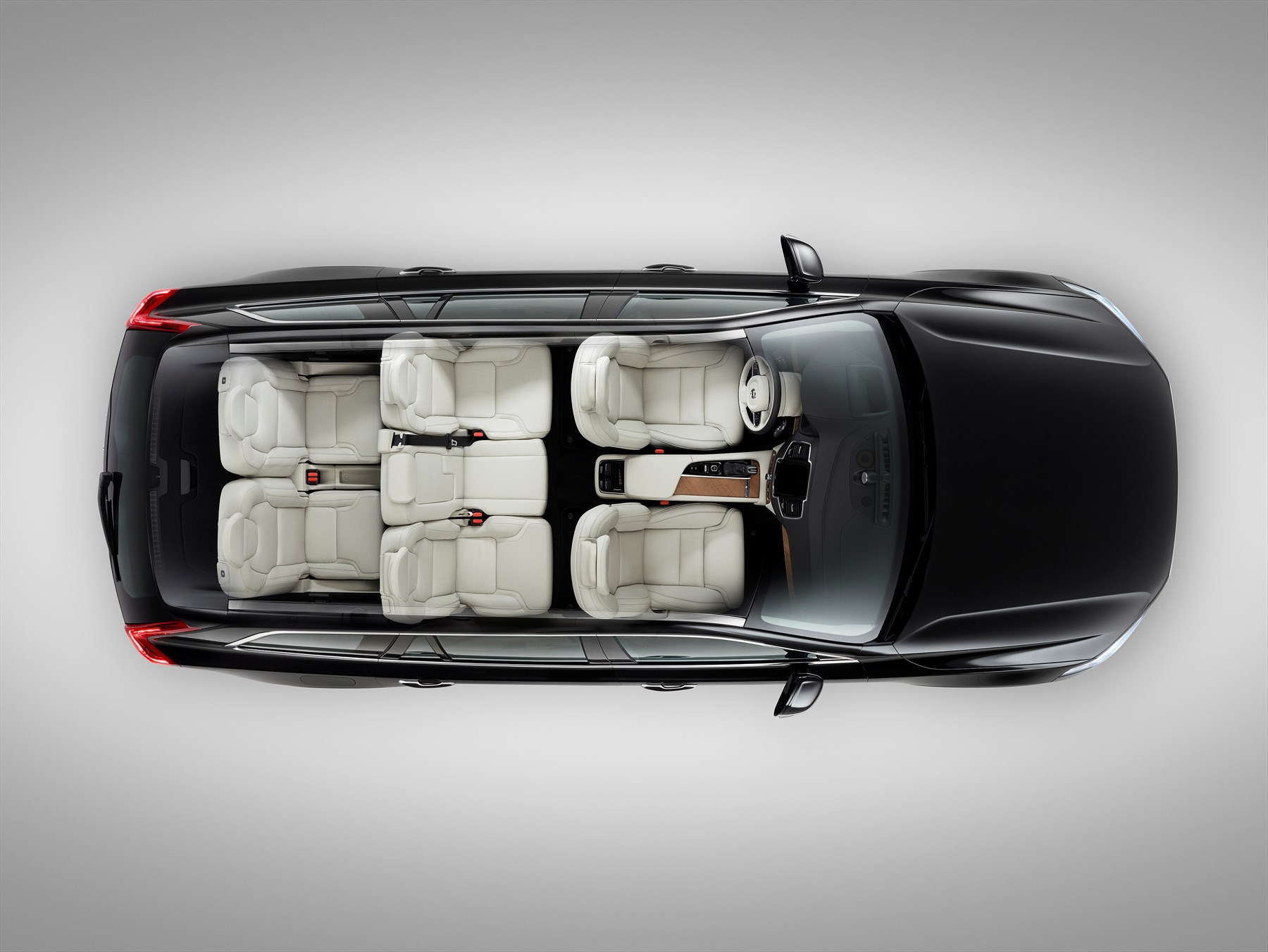£2,000 off your new car: How a ‘scrappage’ scheme would work
The idea is that buyers will be entitled to a discount on a new car if they scrap their old one.
The scheme, which is billed as an environmental measure because new cars are more fuel-efficient, is intended to throw a lifeline to Britain’s ailing motor industry. Whatever the reason, consumers stand to benefit from lower prices on new cars.
But how could such a scheme work in practice?
We can get a an idea from the experience of other countries, many of which have introduced “scrappage” schemes as Britain and Poland are the only major European countries that have yet to introduce a scheme, according to the AA.
There are plenty of existing programmes on which the Government could base Britain’s, although it seems to be most interested in the German version.
“I have been involved with ministers in trying to get them to introduce a scrappage scheme,” said Edmund King, the AA’s president. “It appears that the Government has looked closely at the German scheme, even though there are other schemes in Austria, France, Italy, Portugal and other countries.”
Buyers would need their old car to be at least nine or 10 years old (Germany and France specify nine years, France 10) and to have owned it for a minium period, which Mr King predicted to be six months.
They would qualify for the incentive if they could prove that they were the owner and that the car had been taxed over the previous six or 12 months.
As Mr King explained: “The original French scheme some years ago led to some farmers cashing in 30-year-old 2CVs that had been rotting away in barns for years. Hence, it is likely that a British scheme would require the car to have been on the road – taxed – in the previous six or 12 months.”
Although the value of the incentive has been widely quoted as £2,000, we don’t know if this would apply to all cars or if there would instead be a sliding scale based on cost, fuel efficiency or other criteria. “We have been arguing on the ground of simplicity for one amount to fit all,” said Mr King. “A figure of £2,000 has been mentioned.”
There would also be restrictions on the car being bought.
“It’s likely that the car you buy will need to be new or up to a year old,” Mr King said. “In France the new car must emit a maximum of 160g/km of carbon dioxide. However, this complicates the scheme. All new cars are cleaner, greener and safer than the equivalent old car and therefore any restrictions would add [unnecessary] complexity and bureaucracy.”
In Germany, where the incentive is worth €2,500, the car being bought (which can be new or a used vehicle up to one-year old) should fit the minimum Euro 4 emissions standards. All new or nearly near cars in the UK conform to Euro 4.
If you wanted to take part in the scheme, you would need to move quickly, as there is likely to be a time limit or a set amount of money to fund the incentive.
Mr King added: “There is likely to be a limit on time or on the total cost to the Treasury. It could be 12 months with a financial cap – in Germany it is 12 months or a €1.5bn, which corresponds to about 600,000 cars. A British scheme is likely to be smaller, worth perhaps £560m, of which £400m would be eliminated by VAT returns.”
Motorists who take advantage of the scheme will be spared the inconvenience of taking their old car to be crushed, according to industry experts. Instead, the dealer will arrange disposal, so from the buyer’s point of view the process will feel like part exchange for a fixed, guaranteed amount.
“We don’t want car owners to have to deal with disposal,” said Paul Everitt, the chief executive of the Society of Motor Manufacturers & Traders.
“The buyer should just need to take his documents to the dealership when placing an order for the new car. Once the dealer has verified that the old car qualifies for the scheme and the buyer has placed an order, the incentive money should be ringfenced in case the fund is about to be used up. Then when you take delivery, you hand over your old car and the dealer arranges its disposal.”
If the Chancellor does announce a scrappage scheme in the Budget, it will need to come into force quickly or risk depressing sales still further as buyers delay their purchases until they can claim the incentive.
Mr Everitt said: “There is always a balance to be struck between a quick solution and a perfect solution.”
Sourced via telegraph.co.uk








